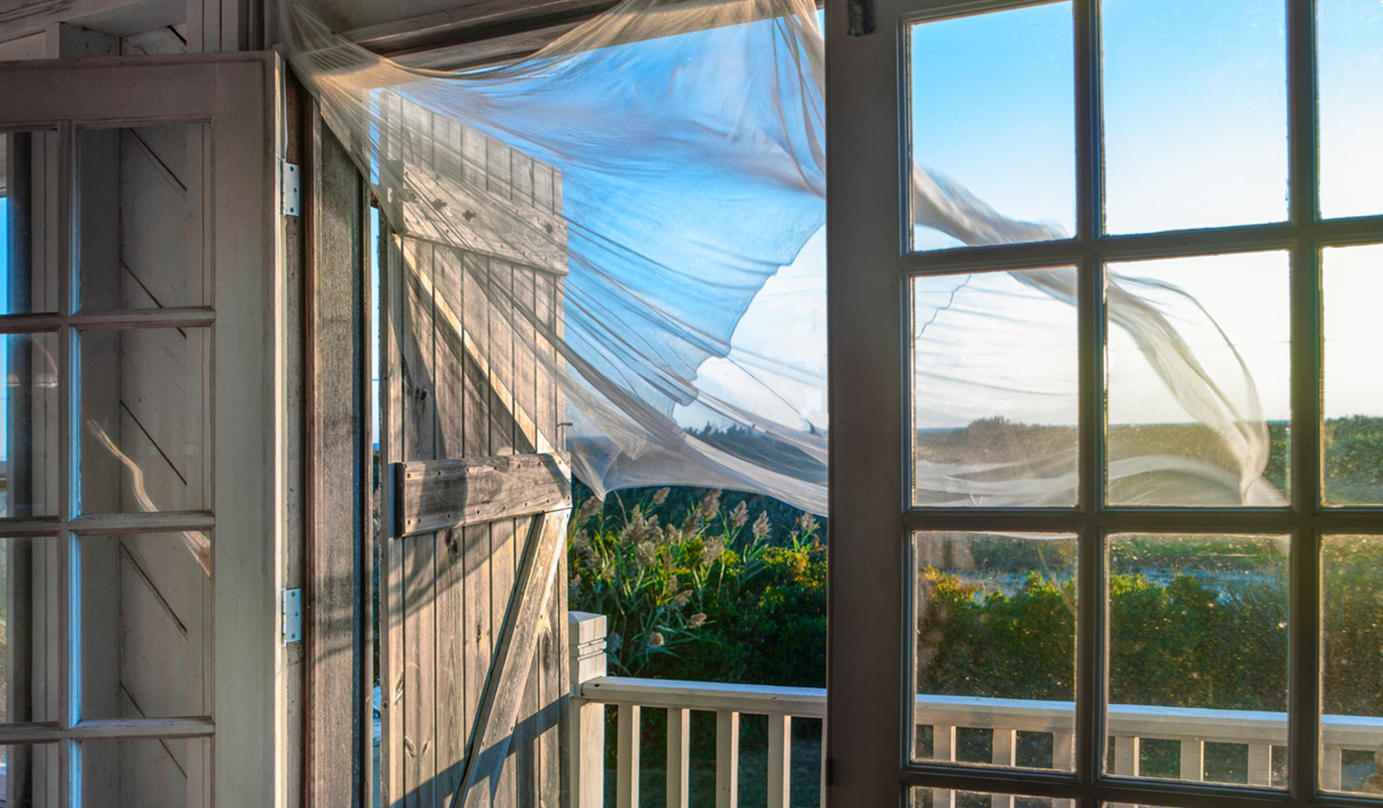
Take a look out of your window. Do you see anything falling down or blowing in the wind? Do you hear any noises? All around you are examples of science in action.

You might think that science just happens in a science lab. But that is not true. Science happens in classrooms. Science happens in the park. Science happens at home.

Science is observing the world around us. Scientists try to explain how and why things happen in the universe.

There are three main kinds of science: chemistry, physics and biology. They all study different parts of science.

Chemistry studies what things are made of and how different chemicals react. Chemists study the tiny molecules that make up everything on Earth. They look at chemicals and how they react when they are mixed.

Chemists help the world by finding new medicines. They also help the police solve crimes.

Physics involves how things move and what forces do. Physicists study space and how things work in space. They study forces like gravity.

They help us make new technology like televisions and cell phones. They help us explore and send people to space. They do lots of amazing things.

Biology studies living things and how they work. Biologists study the natural world. They study plants, animals, humans, and natural landforms.

They can teach us about diseases. They can teach us how to be healthy. They can teach us how old the Earth is.

Chemists, physicists and biologists study many different things. They can help us learn many things about our world and the surrounding universe.

But it's not just scientists that can observe science. We can see science all around us. Science is seen in everything you do.

Do you like to cook? Cooking is a kind of chemistry. You are mixing different ingredients. You learn how ingredients change your food. You learn how different types of cooking changes your food.

Do you like to build things? Building is a kind of physics. You learn how to make things strong. You learn how forces work.

Do you like to learn about animals in nature? Studying animals is a kind of biology. You learn about how they hunt. You learn about how they survive.

We are all scientists in our own way. But some people enjoy it a lot. These people get jobs as scientists. What kind of science do you like?